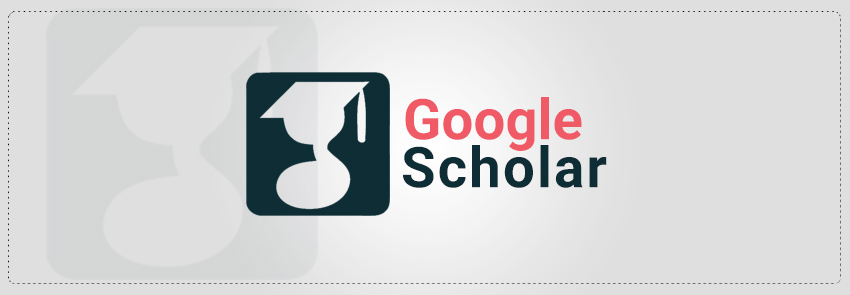Improving Illness Perception Through Self-Care Behavior Training: A Randomized Controlled Trial
Abstract
This study aimed to investigate the effects of Self-Care Behavior Training intervention on individuals' perception of illness by comparing experimental and control groups over time, with measurements taken at pre-test, post-test, and follow-up stages. The study involved a total of 40 participants, divided equally into experimental and control groups. Descriptive statistics were used to analyze the baseline characteristics of both groups. A mixed-design ANOVA was conducted to explore the effects of time (pre-test, post-test, follow-up), group (experimental, control), and their interaction on the perception of illness. The Bonferroni post-hoc test was applied to assess differences between individual time points for the experimental group. The experimental group showed a significant improvement in illness perception from pre-test to post-test (mean difference = 26.73, p=0.001) and maintained this improvement at follow-up (mean difference from pre-test = 27.74, p=0.001). There was no significant change between post-test and follow-up (mean difference = 1.01, p=1.00), indicating the intervention's lasting effect. The control group did not demonstrate significant changes over time. The ANOVA results confirmed significant effects of time (F=10.83, p<0.01), group (F=10.55, p<0.01), and their interaction (F=10.03, p<0.01) on illness perception. The intervention significantly improved the experimental group's perception of illness, with these improvements sustained over time. The control group's stable illness perception across all stages emphasizes the intervention's efficacy. These findings suggest that targeted interventions can effectively alter illness perceptions, which may have important implications for patient care and recovery processes.
Downloads
Downloads
Additional Files
Published
License
Copyright (c) 2023 Seyed Amir Saadati (Corresponding Author); Seyed Milad Saadati (Author)

This work is licensed under a Creative Commons Attribution-NonCommercial 4.0 International License.








